This past weekend, I had the chance to attend the Conversations and Connections Conference in Washington, DC. Organized by Barrelhouse magazine and sponsored by the Johns Hopkins University Master of Arts in Writing program, this was not the typical conference. Conversations and Connections is designed to help writers better their craft by providing practical advice on writing and publishing in “a comfortable, congenial environment where you can meet other writers, editors and publishers” (Conversations and Connections).
Panel sessions were varied in topics that were universal and genre-specific. Panelists/presenters typically had an informal and candid style which was most engaging. The keynote speaker was award-winning and New York Times best-selling author Marisa de los Santos (Love Walked In, Belong to Me, and Falling Together), whose charismatic, humorous, and insightful talk was a major hit with attendees.
One of the other highlights of the conference was the Speed Dating with Editors session. During this session, writers had the chance to get feedback on their work, find out about valuable writing resources, and learn about where they should consider sending their work.
For $70, the Conversations and Connections conference is a great value for any writer committed to enhancing their craft, getting published, and connecting with other writers, editors, and publishers.
Here are some takeaways from the sessions I attended:
Get Off Your Ass and Write: Stop Making Excuses and Start Being Productive (Rosalia Scalia)
- Always have a notebook and pen handy, as inspiration can hit at any moment.
- Discipline is about practicing good habits. It’s not about forcing yourself to do things you don’t want to do.
- Make time to write each day.
- Know your craft. Study it. Research it. Practice it.
- Read widely and without prejudice. This is what feeds the well.
- Characters drive the plot. You need to know your characters well. Know what choices they will make to move the story along.
- Taking a different point of view may help you tackle problems you encounter with your writing.
- Learn how to use the tools to become the writer you want to be.
- Create a relationship with yourself. Make a commitment to your work in order to achieve your goals.
- The ultimate goal with writing is raising it to the universal level.
The chemistry of the poetic line: Line Breaks and Poetry (Jim Warner)
- Line breaks affect how you read/hear poetry.
- Originally, the form of a poem was determined by line lengths.
- There are typically two ways to interpret line length: the way the head sees the line and the way the line is spoken.
- The goal of poetry: to channel the original energy of the source of inspiration for the poem.
- Make a break that is not obvious. Go against the breath.
- The chemistry of the line comes in revision.
- Know why (and be able to explain) the choices you make in your writing.
Keynote Speaker: Marisa de los Santos
- Poetry foregrounds the quality [of music] in language.
- Listen to your characters (this is your primary job).
- Set out a time to write that works well with your schedule.
- Be present in whatever you’re doing (be in the moment).
- Everything feeds everything else.
- Every book makes its own rules.
- If you’re having trouble with a story, you may be having trouble with the characters.
- You walk with faith that your story is going to lead the way.
- Find your way and do it.
- There’s no one right way to write.
Is Fiction Dead?: The Rise of Creative Nonfiction (Cathy Alter, Jenny Sullivan, and Tim Wendel)
Scenes
- Good scenes get readers involved immediately.
- To write a good scene, think of how you would put it in an email to a dear friend or family member.
- You can never go wrong with descriptions. Descriptions put the reader there with you.
- Create a sense of space that people can relate to.
- Interview others about events/experiences that you’re writing about to make them come to life, to make them real.
- Precise details can make a scene pop.
- Use attribution.
- Research.
Character
- Well drawn characters are three-dimensional.
- First person narration, if it’s necessary, lends credibility to what you’re writing. It creates authenticity.
- The goal: to tell the story without the need to be in it.
- Be flexible.
- Think about writing in third person. It’s more interesting to write from someone else’s point of view.
- Action = character. What they do on the page creates who they are.
- If the action is not building, the story won’t go anywhere.
Dialogue
- Dialogue builds characters beyond what descriptions can do.
- Can tell you a lot.
- Let the character’s voice come through so you don’t pass judgment.
Revision
- Be ruthless with your work and think about what is truly useful to your story. If it makes it harder for the reader to follow along, take it out.
- Read your work aloud.
- Scrub, scrub, scrub. If it sounds like (or is) a cliché, take it out.
- Take a break away from your work. You’ll see things you did not see before that you can improve upon.
- Don’t wear your writer and editor hats at the same time. It can damage your voice.



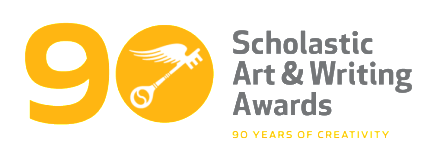
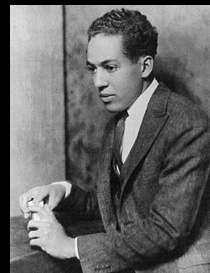





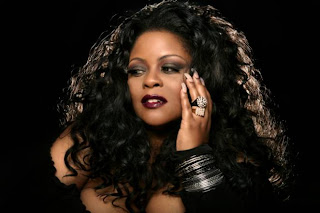

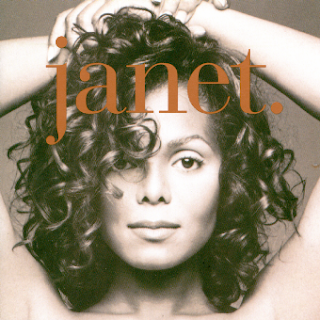


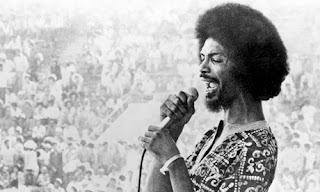
.jpg)
.png)
.jpg)
.jpg)